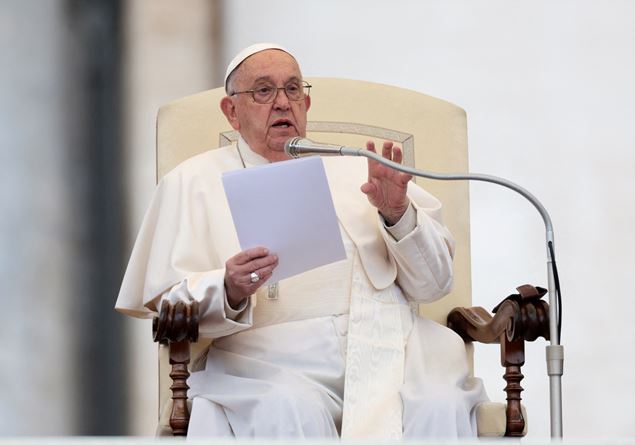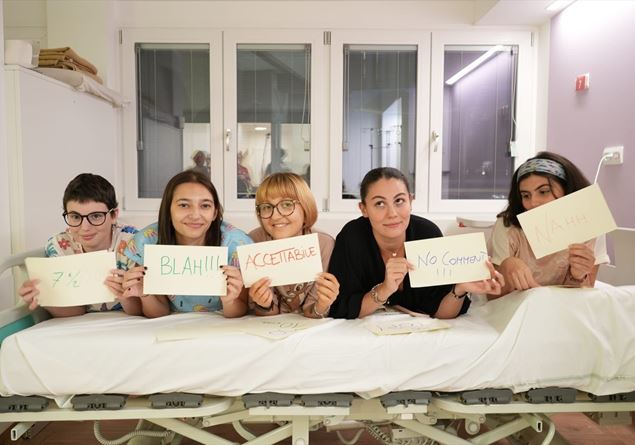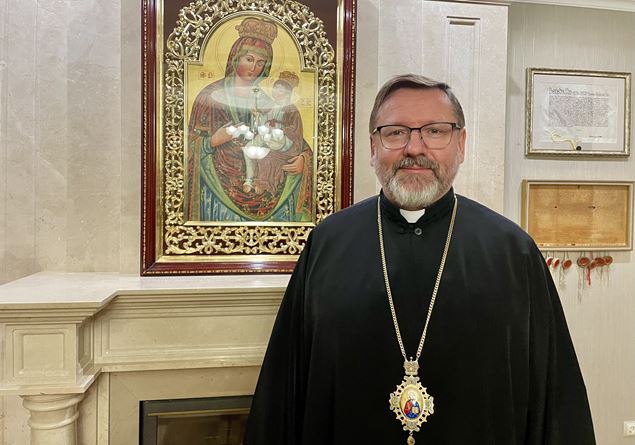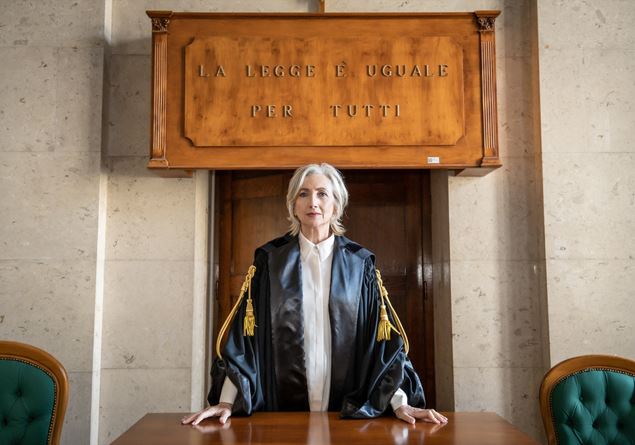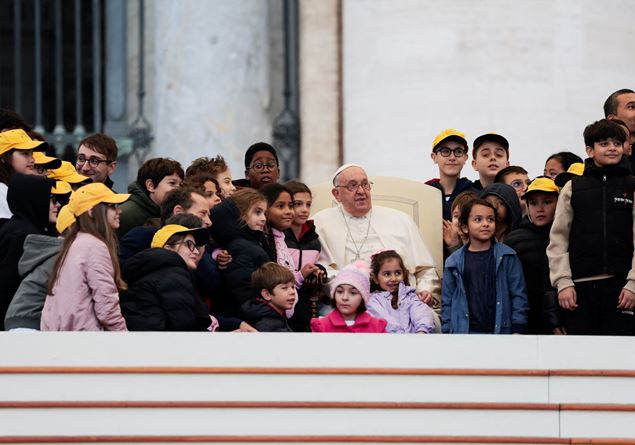
With a chirograph, Pope Francis established the Pontifical Committee for World Children’s Day, appointing Father Enzo Fortunato as its president. The Franciscan was until now the Coordinator of the WYD. At the end of the general audience, the Pontiff announced the date, February 3, on which the International Day will be celebrated. «The family, the Church, the State are for children, and not children for the institutions. The human being, even as a child, is the subject of inalienable, inviolable and universal rights”, wrote Francis in the document which was released a few hours after the announcement. «The Church, in the name of God, authoritatively speaks out for the rights of the unsecured, which still many children are today. Faced with the spread of violence and dangers that trample on the life and dignity of childhood, it becomes an even more forceful interpreter of their needs to all nations.”
The protection of the rights of the little ones is “a serious responsibility of parents, of the civil community and of the Church as an educating community”, and it is also “the Church’s duty and first form of charity”. Children «need and have the right: to be recognised, welcomed and understood by their mother, father and family, to have trust; to be surrounded by affection and enjoy emotional security, whether they live with their parents or not, to discover their own identity; to have a name, a family and a nationality, respect and good reputation, to enjoy security and emotional stability in their living and educational conditions”. Furthermore, children “need to find, in the Church, the expression of Jesus the Good Shepherd in the face of those who take on education and training as a mission and apostolate, aware of their educational commitment”.
For this reason, the institution of the Day and of the Pontifical Committee serves to «give voice to the rights of children and place the same attention that Jesus had towards them at the center of the Church’s pastoral action; promote an experience of the universal Church that is expressed in diocesan and national dimensions, so that the entire Christian community increasingly becomes an educating community capable first of all of being evangelized by the voice of the little ones; allow the universal Church to take on the feelings of the little ones called by the Savior, to become a welcoming and livable home for everyone, starting with children; to make our Lord Jesus Christ better known, loved and served to children in his face as Friend and Good Shepherd, and to root their faith in the tradition of the holy children that the Church has received as a gift and which it preserves as a spiritual heritage, to be passed on to children, their families and their educators; highlight, both in catechetical preparation and in celebration, the Church as mother”.
The Pope’s desire is that this Day be celebrated “both at the level of the universal Church and in the particular Churches and at the level of their regional and national groupings” with preparation entrusted to the regional and national Episcopal Conferences, “which will establish local organizational committees”. Finally, it is established that the president, vice president and other members of the Pontifical Committee for World Children’s Day “are appointed by the Pope, upon proposal of the Secretariat of State, for a renewable five-year period”.





